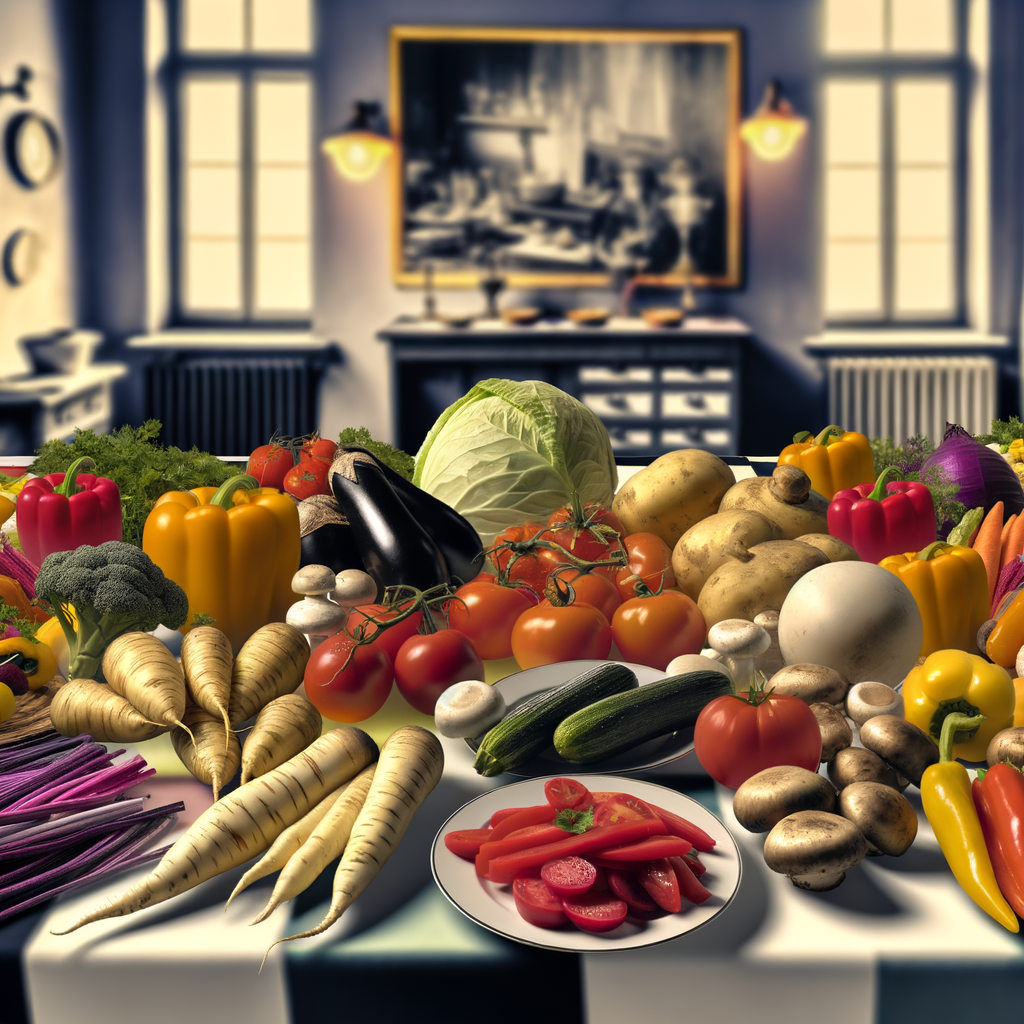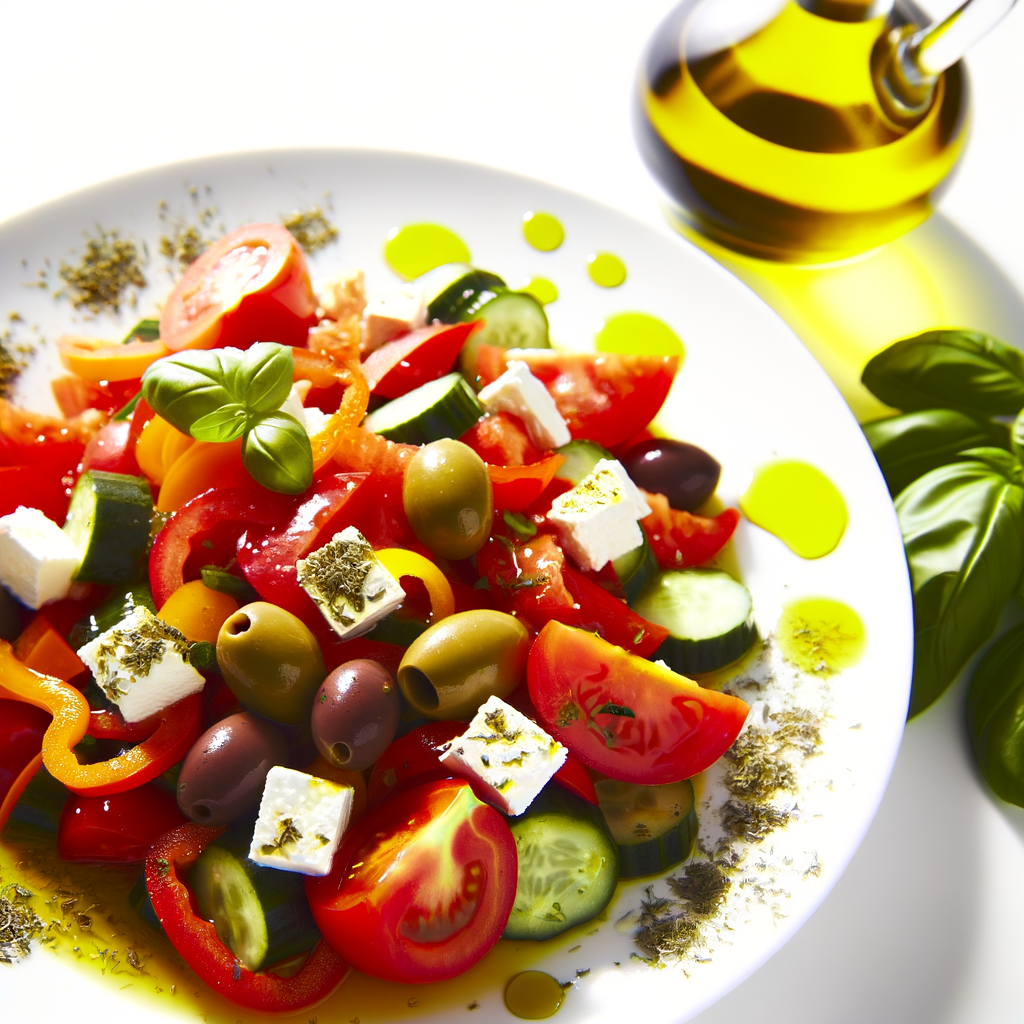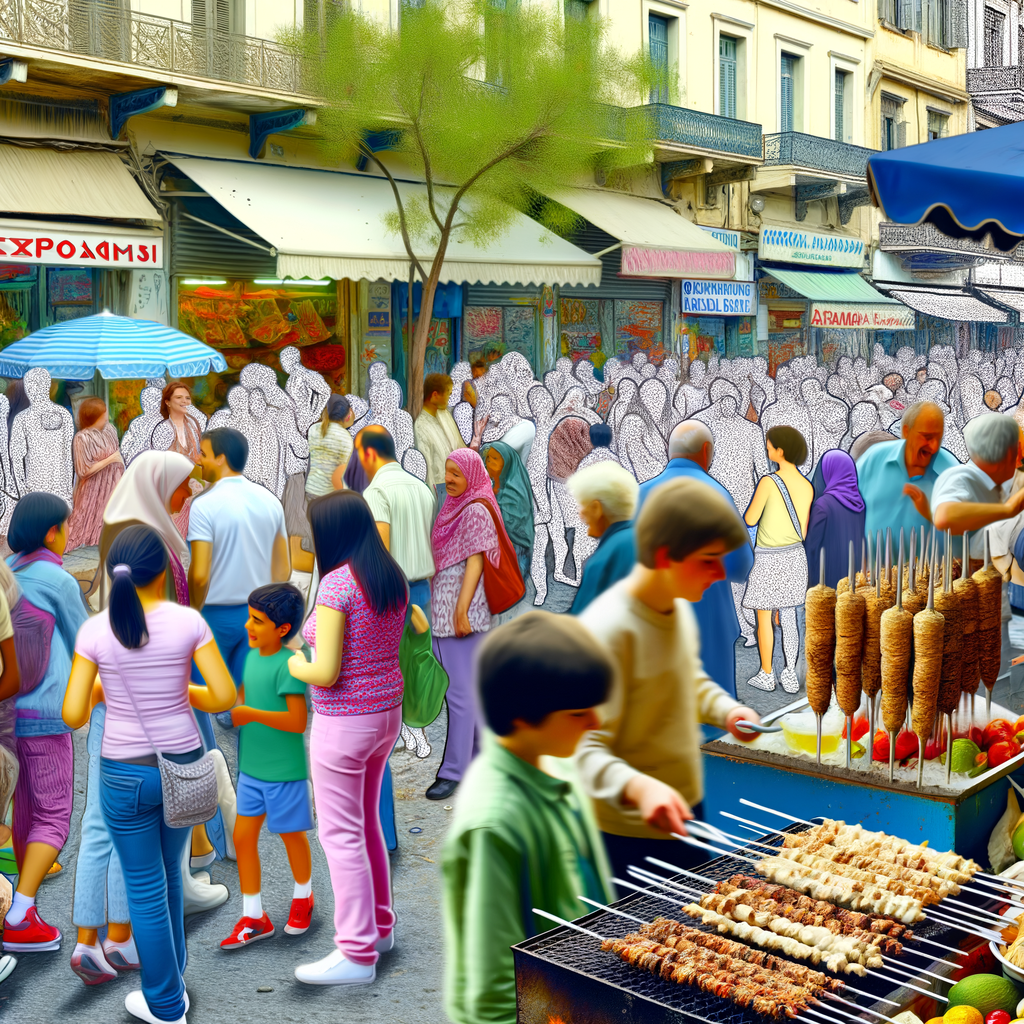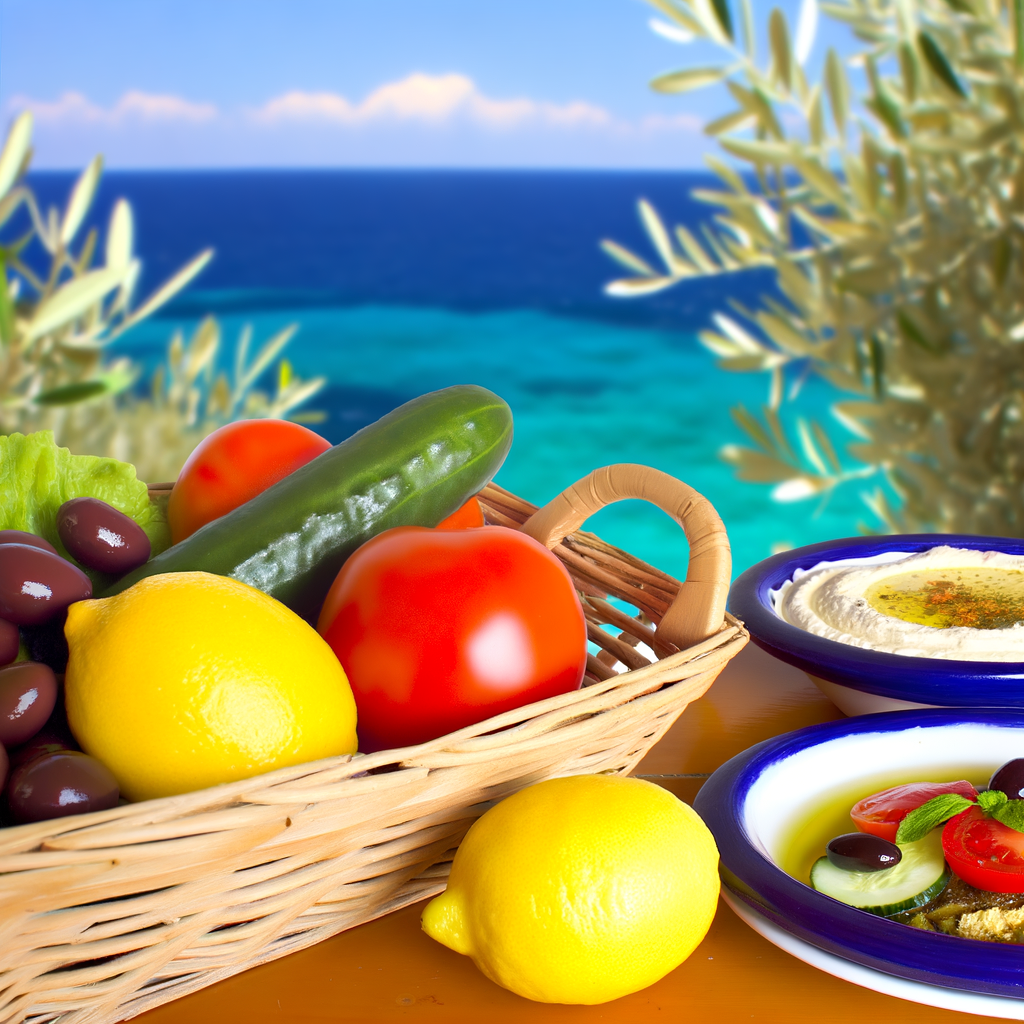As an expert chef, I have always believed that the key to a delicious and well-balanced meal lies in using the freshest and highest quality ingredients. And when it comes to European cuisine, vegetables play a crucial role in adding depth, flavor, and nutrition to various dishes.
European cuisine is heavily influenced by regional produce and local ingredients. This is why vegetables have always been an integral part of European cooking, dating back to ancient times. From the colorful and vibrant Mediterranean diet to the rich and hearty stews of Eastern Europe, vegetables are used in a variety of ways to create mouth-watering dishes.
One of the main reasons why vegetables are so important in European cuisine is because they are packed with essential vitamins, minerals, and antioxidants. These nutrients not only add flavor and texture to dishes but also contribute to a healthier and more balanced diet. In fact, many European countries have some of the lowest rates of obesity and chronic diseases, and this can be attributed to their traditional diets that are rich in vegetables.
Furthermore, vegetables are versatile and can be used in a variety of ways. They can be roasted, grilled, sautéed, or even pickled to create different flavors and textures. Vegetables also add color and visual appeal to dishes, making them more appetizing and appealing to the eye.
From the humble potato and onion to the more exotic artichokes and eggplant, European cuisine uses a wide range of vegetables to create mouth-watering dishes that are both healthy and delicious. So the next time you’re planning a European-inspired meal, make sure to include a generous amount of vegetables to truly capture the essence of this rich and diverse cuisine.





